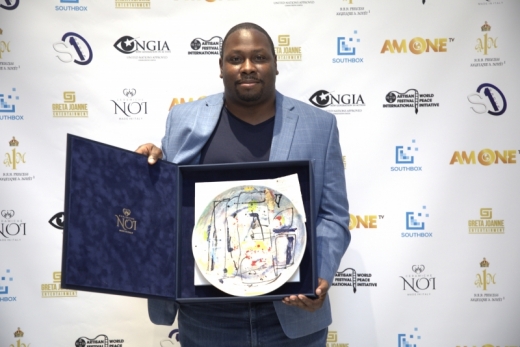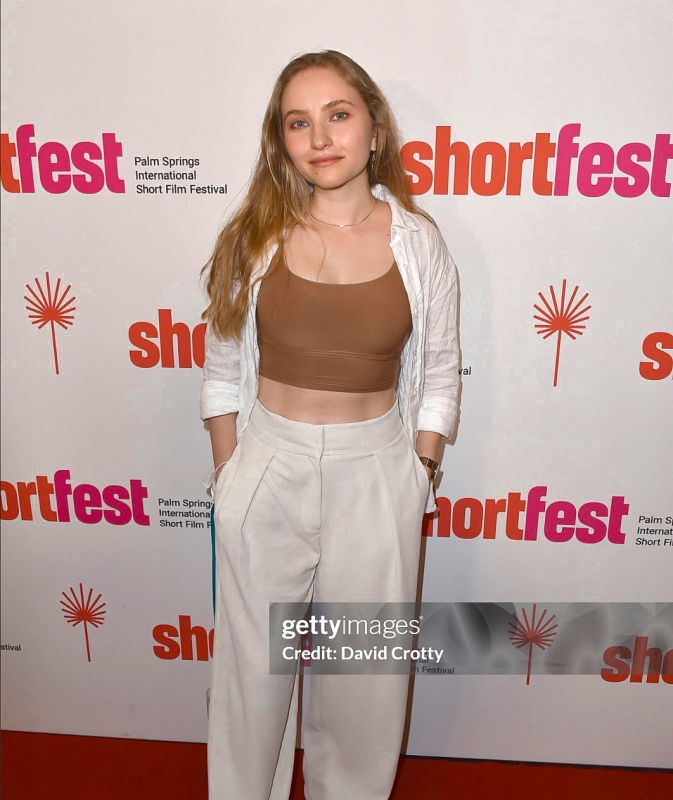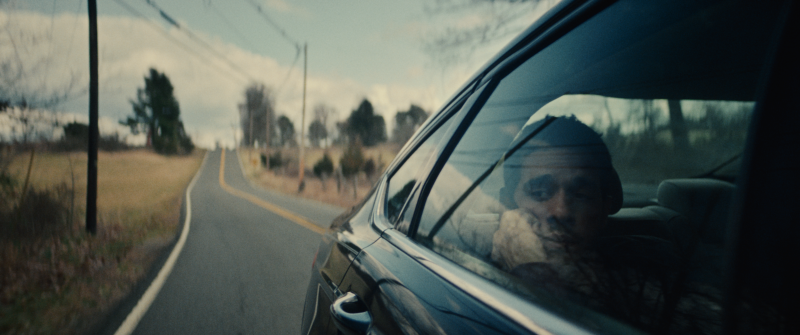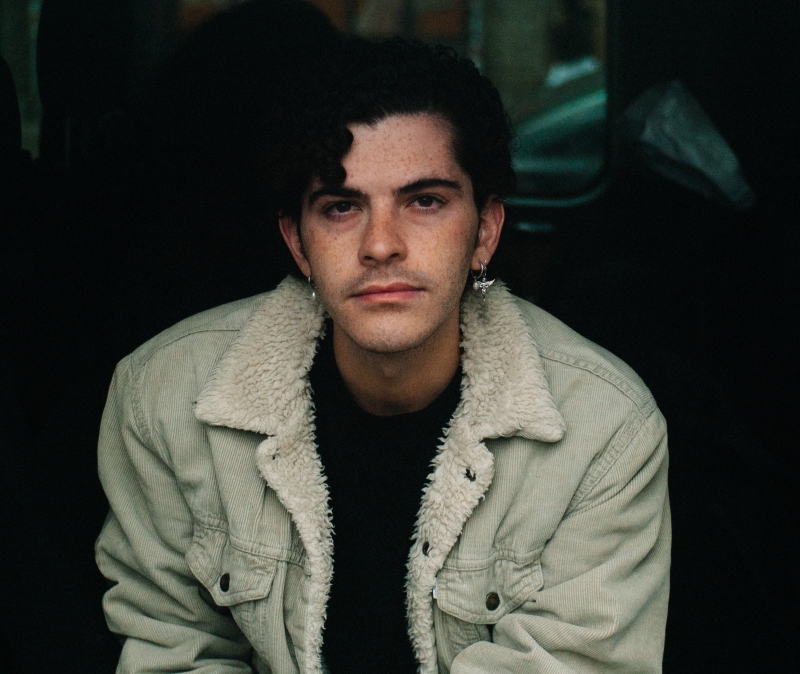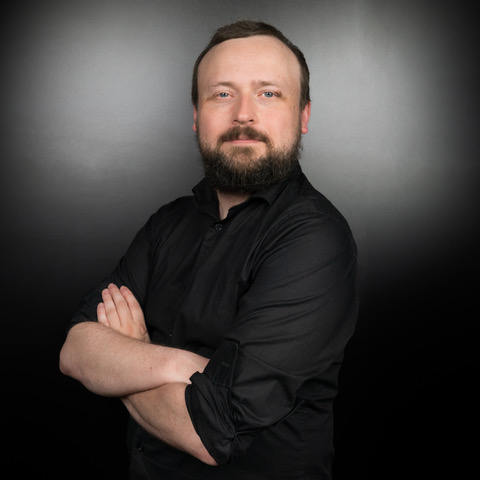|
|
||
|
Pro Tools
FILMFESTIVALS | 24/7 world wide coverageWelcome ! Enjoy the best of both worlds: Film & Festival News, exploring the best of the film festivals community. Launched in 1995, relentlessly connecting films to festivals, documenting and promoting festivals worldwide. Working on an upgrade soon. For collaboration, editorial contributions, or publicity, please send us an email here. User login |
Interview with Producer Jon Gosier at the 74th Cannes Film Festival
SCAD alumni American producer and entertainment industry professional Jon Gosier’s finance background began in venture capital and Tech, having built data focused software companies. Having started in the entertainment industry after college in music engineering and post audio working with Tyler Perry, he later went into the venture capital space but now finds himself coming full circle back into film through film finance. During his successful business venture in the music and film industries, he has provided A-list recording artists and other entertainers with new ways of capitalizing on their audience data. In the past, he has worked with partners such as Warner Music, Broadscale, Spotify, Tidal, and Nielsen Entertainment. Having attended his fourth Cannes Film Festival in 2021, Jon Gosier is here to stay on the film finance and production scene. In an interview with Jon Gosier shortly after Cannes, here is what he had to say:
Jon, your background is in venture capital and software. How did you move into the area of film finance? JON: While it's true I spent about a decade in venture capital and tech, working across three continents (North America, Europe and Africa), prior to all of that I was in entertainment. After attending SCAD (Savannah College of Art and Design), where I studied Film in my twenties, my first jobs were in the Entertainment industry. First, I worked in major recording studios as an audio engineer. I was an upcoming engineer at a studio in Atlanta that attracted big artists like Kanye West, The Pussy Cat Dollz, Gwen Stefani, Usher, and Ciara. Eventually, I got to work on my first movie, to do audio post-production and sound. That movie happened to be Director Tyler Perry's first movie "Diary of a Mad Black Woman". I was very young (24) and relatively inexperienced when I met Tyler but by two years later, I had built a name for myself in music engineering and audio-post. So, when Tyler's people were staffing the original Tyler Perry Studios back in 2006, I was one of the people they invited to come work for them. I was there for about a year and a half to two years. Although my official job was to essentially help run the recording/audio aspects of the company, I made it a priority to learn as much as I could from Tyler and his team when it came to finance and dealmaking. To make a long story short, I eventually left TPs and as mentioned, spent the next fifteen years of my career in tech and venture. After a big exit I had in 2017, I had the financial freedom to do what I wanted. That's when I turned my eyes back to film by co-financing projects. I co-financed a number of films from 2018 to 2019 in the $1M to $10M range. All that old knowledge I picked up in the early days at Tyler's studio suddenly became relevant again. For me, being back in film and film finance is just my career going full-circle.
Can you tell us about your company Southbox Entertainment? JON: Southbox is my production company based out of Atlanta that primarily focuses on the development and packaging of original content for screen and TV. Our focus is genre film and episodic television series. Southbox started its life as an investment fund. Everything we do, we self-finance internally before eventually finding other industry partners to collaborate with.
You have created business models for entertainment. Can you give us an idea how it works? JON: Throughout my career I've been successful at creating new business models that disrupt the way various areas of entertainment work. I grew up fascinated with money and financial systems. Where they are broken or inefficient, I become obsessed with improving them. For instance, I first did this in the music industry. In 2015 I founded a company called Audigent (previously called 'Predictive Pop'). Billboard (https://assets.billboard.com/articles/deep-dive/the-new-science-of-superfans/9529640/the-fan-data-goldmine) magazine describes Audigent as a tech company that allows [music] artists to interact with superfans — and turn fan data into dollars. With that company, I set out to disrupt the business model of record labels to be more like companies like Google's Double Click. In other words, capturing as much first-party data as possible and then essentially 'leasing' that data to others (selling the same data over and over without ever losing control of it). This ended up being a new way of making money for record labels. I succeeded in that mission and that company has gone on to do great things in the music industry without me. Now, in Film and TV, I've become focused on disrupting the flows of revenues in different ways. I have another company called FilmHedge which is a fin-tech platform that improves the efficiency, transparency, and reliability of Film/TV investment. I built the company to address problems I experienced as an individual film financier. FilmHedge uses tech to reduce the complexity of doing legal docs for a film investment, we use APIs to improve the transparency of what happens with the money once the Producer receives it, and we use algorithms to ensure that the returns are distributed properly. Additionally, because of how we finance films, we reduce the time-cycle of their returns to less than 18 months.
Can you tell us some of the artists you have worked with and films you and your team have worked on? JON: I co-financed three movies by an amazing Producer named Eric B. Fleischman. A Movie called "Rise" which starred Jimmy Jean Louis (Heroes) and Sufe Bradshaw (Veep), "Phobias" which starred Alexis Knapp (Pitch Perfect), and "Witch Hunt" which starred Elizabeth Mitchell (Lost). I also co-financed a $10M sci-fi movie called "Skylines" which starred Lindsay Morgan (The 100).
What kinds of films do you look for and at what stage? JON: Typical budget is between $3M and $50M. However, these days there are often reasons to seriously look at projects as small as $1M.
You attended the 2021 Cannes Film Festival? How was it in your opinion? JON: It was great! In many ways one of my favorites. I don't know the actual numbers, but it seemed like around half of the normal attendees, no-doubt due to covid travel restrictions. But because it was smaller, it was more intimate. I got to know people who I only spoke to casually in previous years. Also, because there were less people, those elusive word-of-mouth invites to parties and exclusive events were a lot easier to stumble upon!
In your opinion, why is it crucial for companies to attend Cannes, even if the marketplace is not at peak performance? JON: I've been coming to Cannes since 2017. So, this was my fourth. Cannes is always critical because it's the place where you can network 'without networking'. You've got everyone in the industry in the South of France, staring at the waves, soaking in the sun, and drinking Rose -- in other words their guard is down. You get to know people first and then low and behold it ends up being some important sales agent or an executive at Netflix. You don't have to 'force it' at the Cannes Film Fest. Just being there is magic.
You hosted an event at Cannes this year called The Better World Fund Event. Can you tell us about the fund and how it works? JON: The Better World Fund is an organization focused on philanthropic efforts related to three areas: disenfranchised youth, the environment, and climate/biodiversity. I was a sponsor of their "Better Gold" event in Cannes because I was touched by their mission to support youth in Lebanon. When I lived in East Africa one of my first investors and former business partners was a gentleman from Lebanon named Herve Cuviliez. As I learned more about Lebanon from BWF's founder Manuel Collas de la Roche I felt compelled to make a generous financial contribution to their mission.
What are your hopes for your company down the line? Where would you like to see it go in the next 5-10 years? JON: With Southbox we're headed into production on two of our projects which we hope to have out in 2022. With FilmHedge our mission is to make media investing safer and more attractive to financiers.
Producer Jon Gosier at 74th Cannes Film Festival.
Interview by Vanessa McMahon. 74th Cannes Film Festival. 15.08.2021 | Vanessa McMahon's blog Cat. : Interview with Producer Jon Gosier at the 74th Cannes Film Festival Interviews PEOPLE
|
LinksThe Bulletin Board > The Bulletin Board Blog Following News Interview with IFTA Chairman (AFM)
Interview with Cannes Marche du Film Director
Filmfestivals.com dailies live coverage from > Live from India
Useful links for the indies: > Big files transfer
+ SUBSCRIBE to the weekly Newsletter Deals+ Special offers and discounts from filmfestivals.com Selected fun offers
> Bonus Casino
User imagesAbout Vanessa McMahonThe EditorUser contributions |



















.preview.JPG) Producer Jon Gosier
Producer Jon Gosier.preview.JPG)
